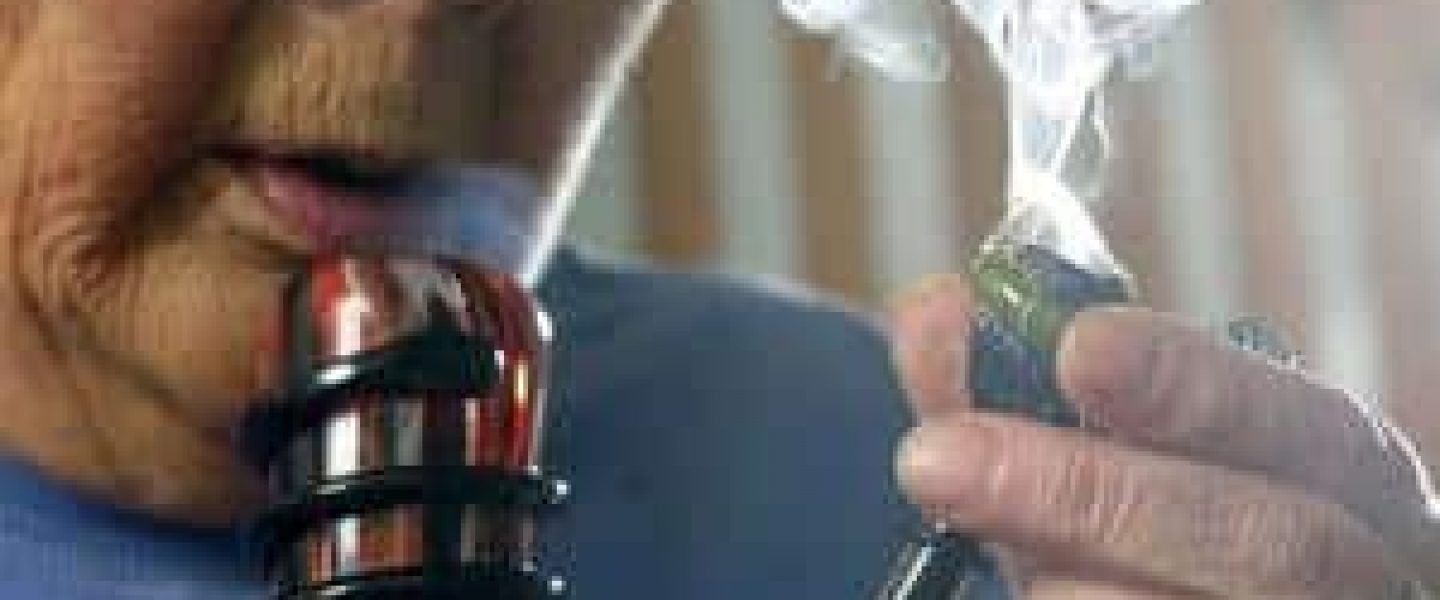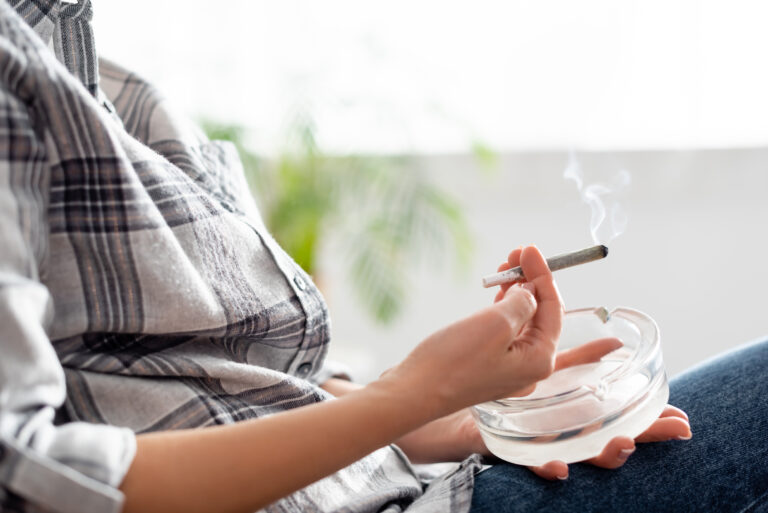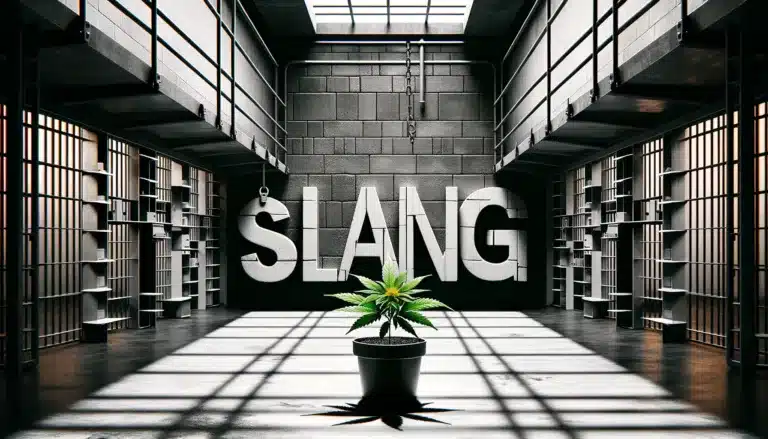Why Seniors Are Turning to Cannabis for Their Health Woes
More and more states are legalizing marijuana for medical applications every year, in spite of the fact that the federal government still classifies it as a Schedule 1 drug. People of all ages are increasingly turning to cannabis to help treat their health care woes. The most surprising demographic to take the step into medical marijuana use is senior citizens. Here is a look at why some seniors are turning to cannabis for their health over other treatment options.
Living Through the Drug Wars
Senior citizens have lived through multiple wars on drugs, from the official “War on Drugs” in the 1980s to the “Just Say No” campaigns of the 1990s. There may even be some still alive who remember Reefer Madness from the 1930s. For many of them, this decades-long quest to quash any and all drug use has colored their opinion of using medical marijuana. In spite of this, many seniors are turning to cannabis for their health needs, at least in states where it’s legal.
Improving Moods
Whether it’s due to declining health or simply because they’ve begun to accept their own mortality, many seniors suffer from the symptoms of clinical depression. Some may even believe it is a consequence of aging — that depression is just part of getting old — but that couldn’t be further from the truth, and it causes many suffering from these symptoms to forgo treatment.
Cannabis has been successfully used to help treat depression, and there are multiple ongoing studies looking into the short- and long-term effects of cannabis for depression. One of the side effects of using medical marijuana is that it tends to promote laughter — and laughter, as they say, is the best medicine. In this case, that’s not just a saying — laughter has been found to help improve health and increase lifespan.
Encouraging Active Lifestyles
While it is true that some strains of marijuana contain levels of THC and CBD that help you relax, other strains are bred for the feeling of energy you get after smoking or eating them. These particular strains can be a great tool for seniors to help them start and maintain an active lifestyle even at their age.
Regular exercise — even just 10 to 15 minutes of light cardio or strength training every day — has been found to help prevent the loss of muscle mass that comes with age. In addition, it can help improve mood by releasing endorphins into the body, improve mental health and function and reduce the chance of the senior developing more serious health risks later in life.
It is always important to talk to a doctor before starting any exercise regimen, but many seniors are finding cannabis helps increase their overall energy levels and makes them want to exercise again.
Improve Appetite
A common, but often dangerous, side effect of aging is that senior patients frequently lose their appetite — reducing their food intake to the point that they begin to lose weight. This could be due to anything from depression to medication side effects to simply being unable to prepare their own meals. Whatever the case, medical marijuana has become a vital tool to help due to its tendency to increase the user’s appetite.
Getting the munchies after smoking marijuana is a stereotype that, in this case, could be useful. Cannabis both helps increase appetite and reduce nausea — which is also why it’s so popular with patients undergoing chemotherapy or using other medications that have side effects like nausea or vomiting.
Reducing Drug Dependency
Many seniors are turning to cannabis for their health issues instead of their prescription medication for one simple reason. In many cases, medical marijuana offers better symptom control than prescription drugs, without all the nasty side effects. In some cases, such as when the individual lacks health insurance, cannabis can even be cheaper than prescription medication.
This isn’t to suggest that medical marijuana is an alternative for all prescription medications, especially for senior patients. Many of them have simply started turning to cannabis as an alternative.
Prescription drug dependency is a problem across the country — opioid pain killers, for example, are creating an epidemic of overdoses and addiction. The United States consumes nearly 80 percent of the opioids produced in the world, and elderly patients account for nearly 55 percent of prescription opioids in the country. This is leading to increasing numbers of senior citizens who need some form of substance abuse treatment. It’s estimated that by 2020, more than 4 million seniors will require treatment for substance abuse — a number that’s climbed nearly 260 percent since 2003.
Cannabis could also be used to help senior patients who are suffering from withdrawal from prescription medication. The research on this use of medical cannabis is still largely anecdotal, but it is possible to use marijuana to both reduce the symptoms of withdrawal and decrease the chance of relapse after the patient has made it through recovery. For senior patients who are suffering from substance abuse after months or years of prescription medication use, this could be an invaluable tool.
Medical marijuana is still considered a dangerous drug by the federal government — it’s classified as Schedule 1, which puts it in the same category as drugs like heroin and ecstasy. In spite of this federal mandate, more and more states are legalizing marijuana use every year. As the legalization spreads, we will likely hear about more reasons why seniors are turning to cannabis for their health needs instead of prescription medications for relief from glaucoma to cancer, and everything in between.

























